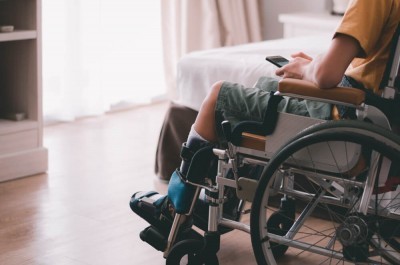Claimants of Universal Credit are entitled to receive an extra £25 per week to cover their costs when the weather gets particularly cold.
The Cold Weather Payment system functions as a government benefit that’s designed to help people and households on low incomes to pay for what are likely to be increased energy bills.
An estimated 3.8 million people across the UK are believed to be entitled to Cold Weather Payments, including Pension Credit and Income Support recipients, as well as Universal Credit claimants.
The payments potentially become available between November 1st and March 31st each year but they only kick in when the Met Office says average temperatures have been or are expected to be below 0 degrees Celsius for seven consecutive days.
Average temperatures are recorded specifically in relation to certain areas and postcodes, with the DWP making payments on the basis of official Met Office information.
Rather than waiting for people to claim their cold weather payments individually, the Department for Work and Pensions aims to pay out an extra £25 directly to anyone eligible to receive them within 14 days.
Anyone who thinks they should have received their extra payments but didn’t is advised to contact their local pension centre or Jobcentre Plus or to call the Universal Credit Helpline.
“We are absolutely committed that the most vulnerable people get the support when they need it most and because of this more than £118 million was paid out last winter in Cold Weather Payments,” said Justin Tomlinson, who is the UK government’s minister for family support.
“It is important that people keep their homes warm during any cold snap, and cold weather and winter fuel payments enables them to do so.
“We also urge relatives of pensioners to check in on them regularly and make sure they are receiving the support they are entitled to.”
If you live anywhere in Scotland and are finding it tough to manage your finances or you’re struggling with debts then Scotland Debt Solutions can help. Contact us directly to arrange a FREE and confidential consultation.






